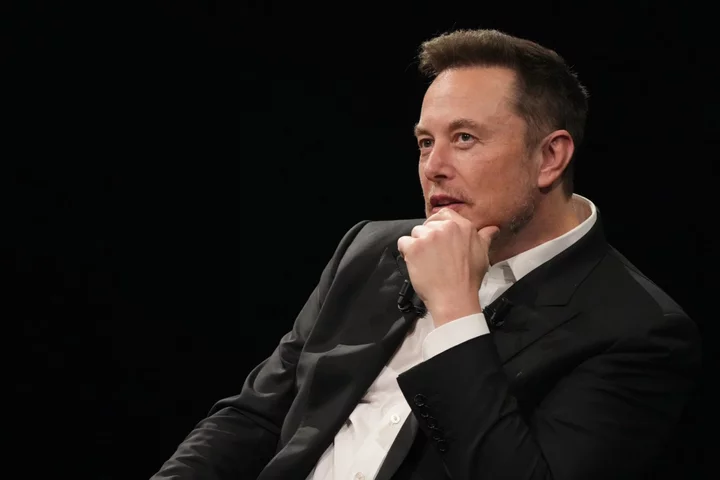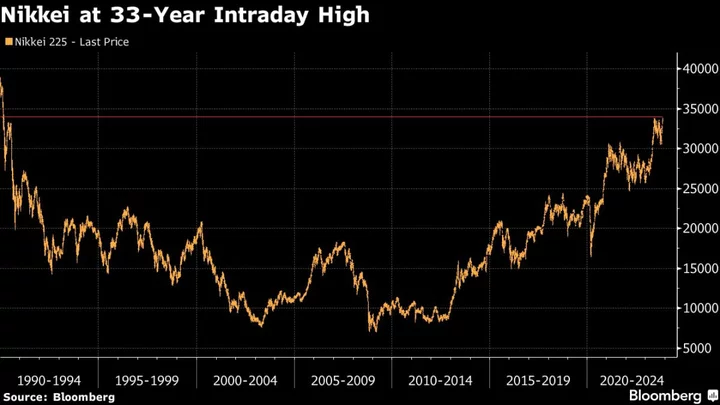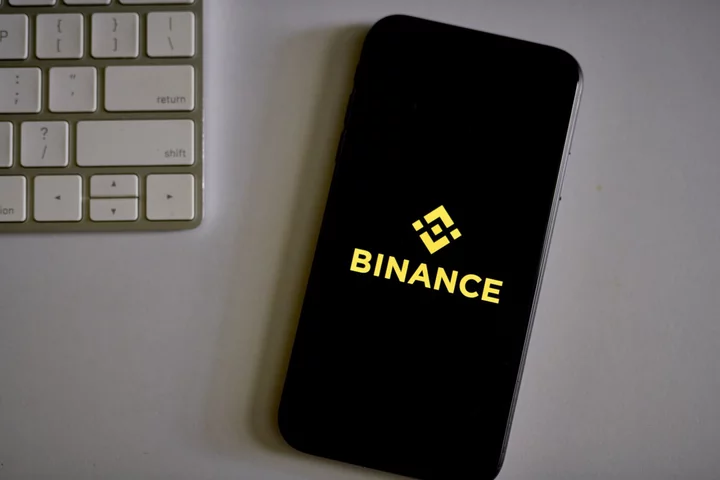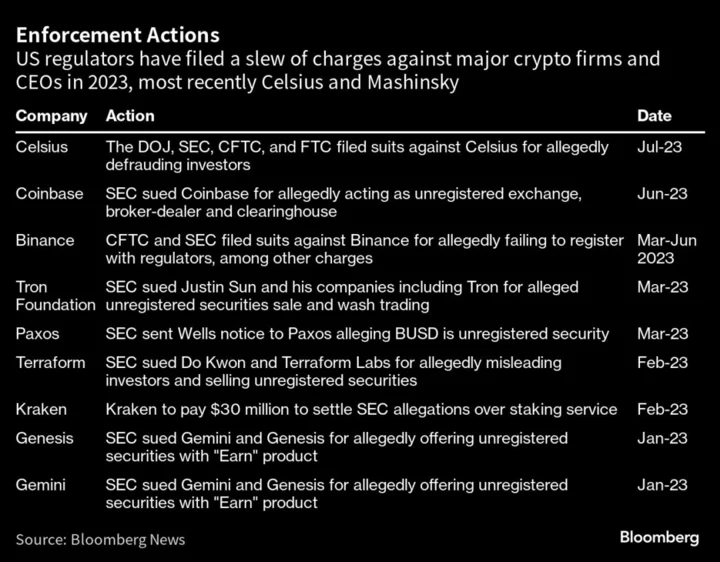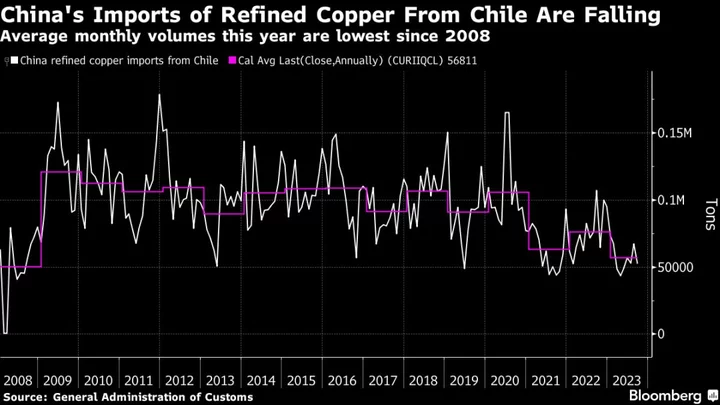Right on cue, Tesla Inc. skeptics are pushing back after this year's sizzling $500 billion rally.
Rival automakers pouncing on booming demand for electric vehicles pose the biggest challenge for Tesla over the next two years just as Elon Musk appears distracted thanks to his high-profile ventures, from social media and space travel to artificial intelligence.
So say respondents to the latest Markets Live Pulse survey. Out of 630 global MLIV Pulse contributors, 54% flagged the heightened risk of industry competition while 26% picked the behavior and decisions of its mercurial chief as a key concern for Tesla shareholders.
“Musk is just such an unpredictable person, that I would count it among one of the top risks for Tesla,” Matthew Tuttle, chief executive officer of Tuttle Capital Management, said in an interview.
As profit margins thin, some 67% of survey participants said the billionaire executive should focus more on the carmaker. Their warning comes in the wake of a seemingly improbable 128% Tesla rally this year, fueled by renewed investor appetite for the tech megacaps and Musk’s prediction that the era of fully autonomous vehicles is nigh.
Even though Tesla currently enjoys sizable lead over other companies, be it an established carmaker or a startup, a big part of its remarkably high market valuation rests on the assumption that it will be able to maintain this dominance in a future where EVs are more commonplace.
Yet Tesla rivals are picking up the pace. Just earlier this month, China’s BYD Co. set a sales record for the second quarter, and delivered 352,163 fully electric vehicles. That shows how rapidly it has gained ground on Tesla, which handed over 466,140 EVs to customers worldwide — also an all-time high.
The counterargument goes that a slew of Tesla’s rivals are still struggling with teething issues. For instance, Ford Motor Co.’s US electric vehicle sales fell in the second quarter, after it had to pause production early this year at the Mexican factory that builds the Mustang Mach-E.
Despite that, analysts and investors warn that Tesla’s current advantage can erode quickly as government policies like the US’s Inflation Reduction Act encourage other automakers to embrace EVs. With competitors stepping up their game, Tesla’s famously expensive shares — trading at 75 times forward earnings — leave little room for error. In comparison, GM trades at about 6 times of estimated profits and Ford at about 9 times.
“Competition is the most important risk factor for Tesla longer term, and even mediocre execution for the crop of around 100 new EVs coming to market this year will put pressure on Tesla,” said Craig Irwin, analyst at Roth Capital Partners. “The current lead over competition is very real, but we need to understand how this shrinks.”
Defending the market share comes with a cost. Around 63% of the MLIV Pulse respondents expect the company to continue to lower prices in order to capture higher volumes. As a result, its hefty profit margin is already taking a hit. More cuts will likely leave the margins even thinner, and narrow the gap with other auto companies.
The impact of all the recent price cuts on Tesla’s profits will be clear this Wednesday when the company reports second-quarter results. The average profit estimate for the quarter has come down 29% from where they were six months ago.
“Winning stocks grow revenue and margins. Both are necessary,” said Nicholas Colas of DataTrek Research.
Meanwhile the “Musk-risk” embedded in Tesla shares came into a sharp focus last year when the billionaire engaged in a highly public bid for social-media platform Twitter, and sold off big chunks of Tesla stock to pay for the acquisition. The pressure from the sales and worries that Musk had become too distracted to run Tesla weighed heavily on the shares at that time.
Since then, Twitter’s own value has dwindled as well. About 67% of the survey respondents said they don’t expect Twitter will ever be worth as much as Musk paid for it.
The MLIV Pulse survey of Bloomberg News readers on the terminal and online is conducted weekly by Bloomberg’s Markets Live team, which also runs the MLIV Blog. This week, the survey asks: What’s next for Wall Street? Share your views here.

